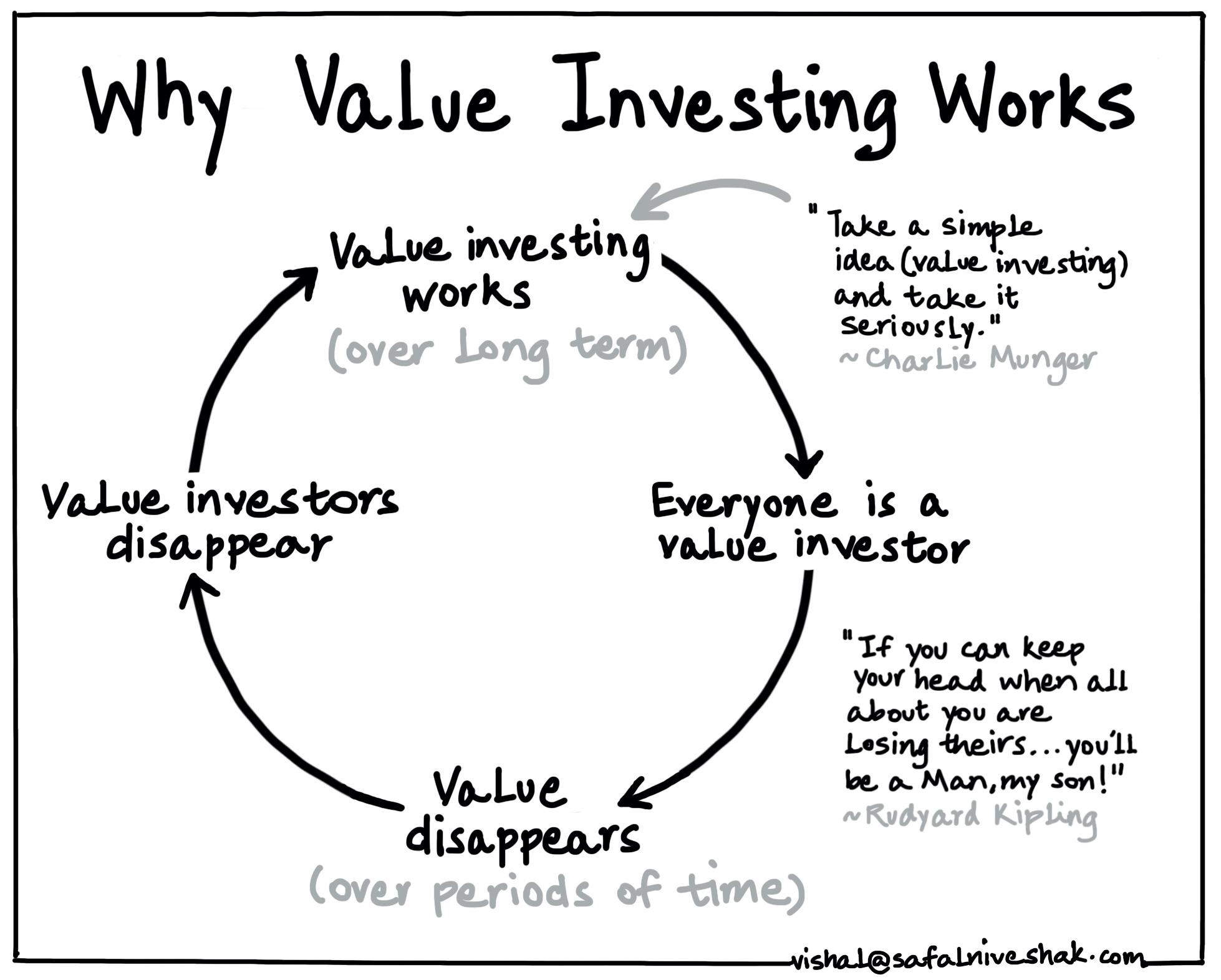If the thought of purchasing the stock exchange scares you, you are not alone. People with really restricted experience in stock investing are either frightened by scary stories of the average financier losing 50% of their portfolio valuefor example, in the 2 bear markets that have actually already occurred in this millennium or are seduced by "hot suggestions" that bear the promise of substantial rewards however seldom pay off.
The reality is that buying the stock exchange brings risk, but when approached in a disciplined manner, it is among the most efficient methods to develop one's net worth. While the worth of one's home typically represents the majority of the net worth of the average private, most of the wealthy and very rich typically have most of their wealth bought stocks.
Key Takeaways Stocks, or shares of a company, represent ownership equity in the firm, which give shareholders voting rights in addition to lavellhzta.doodlekit.com/blog/entry/19235132/essential-advice-to-help-you-start-investing-learning-how-to- a recurring claim on corporate incomes in the form of capital gains and dividends. Stock markets are where private and institutional financiers come together to buy and offer shares in a public place.

A private or entity that owns 100,000 shares of a company with one million exceptional shares would have a 10% ownership stake in it. Many companies have outstanding shares that encounter the millions or billions. Typical and Preferred Stock While there are 2 primary kinds of stocktypical and preferredthe term "equities" is synonymous with typical shares, as their combined market price and trading volumes are numerous magnitudes larger than that of favored shares.
Preferred shares are so called since they have choice over the typical shares in a company to get dividends As assets in the event of a liquidation. Typical stock can be further categorized in regards to their ballot rights. While the fundamental facility of common shares is that they need to have equal ballot rightsone vote per share heldsome companies have dual or numerous classes of stock with different voting rights connected to each class.